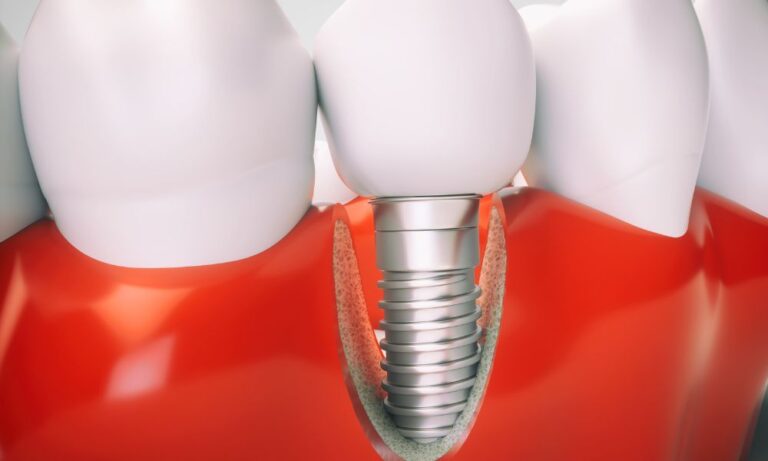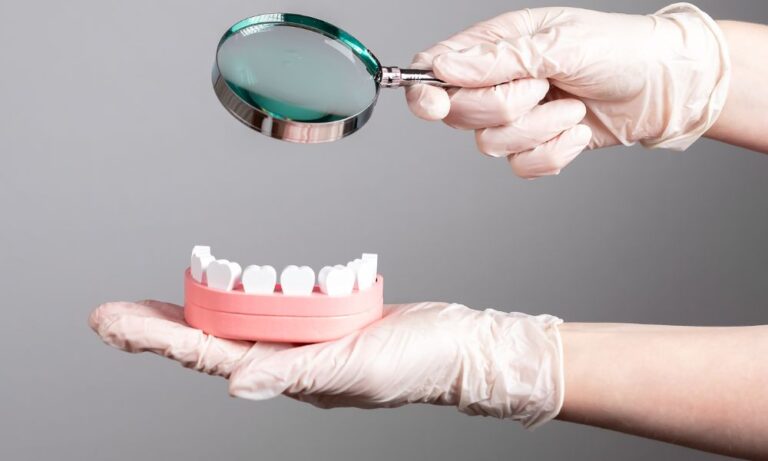Gingivitis is a common gum condition characterized by inflammation, redness, and swelling, often resulting from poor oral hygiene and plaque buildup. If left untreated, gingivitis can progress to more severe forms of gum disease, such as periodontitis, which may ultimately lead to tooth loss. While professional dental care is vital for maintaining optimal gum health, many individuals express interest in natural home remedies and preventive measures to complement their regular dental checkups and treatment plans.
In response to this growing demand, our team at Colorado Gum Care Northglenn, CO has meticulously researched and compiled a comprehensive guide to treating gingivitis through natural means. This article delves into the science-backed home remedies and evidence-based preventive measures that can help you manage gingivitis symptoms, reduce the risk of progression to periodontitis, and maintain overall gum health.
Our guide highlights the importance of an effective oral hygiene routine, emphasizing the use of natural ingredients and alternative methods to supplement conventional dental care. We thoroughly examine the benefits and limitations of each natural remedy and preventive measure, ensuring that you can make informed decisions about your gum care and pursue optimal health.
1. Oil Pulling: A Traditional Technique for Gum Health
Oil pulling is an ancient Ayurvedic practice that involves swishing a tablespoon of oil, such as coconut oil or sesame oil, in the mouth for 15-20 minutes before spitting it out. The technique is believed to help remove bacteria, reduce plaque buildup, and decrease inflammation associated with gingivitis. Numerous studies have shown that oil pulling can significantly reduce plaque and gingivitis symptoms due to the oil’s natural antimicrobial properties.
To practice oil pulling, swish the oil throughout your mouth, ensuring it reaches all corners of the gums and teeth. Ensure you don’t swallow the oil as it may contain toxins and bacteria pulled from the mouth. Rinse with warm water afterward and brush your teeth as usual. Repeat this process 2-3 times a week to enjoy maximum benefits.
2. Green Tea: An Antioxidant-Packed Beverage for Gum Care
Green tea is widely known for its antioxidant, anti-inflammatory, and antimicrobial properties, making it an excellent natural remedy to support gum health. Studies show that regularly consuming green tea can improve gum health by reducing inflammation and inhibiting bacterial growth associated with gingivitis.
For optimal results, consume 1-2 cups of green tea daily, without added sugar, as sugar can contribute to plaque formation. Additionally, consider using green tea mouthwashes or rinses for a targeted topical treatment that may provide more direct benefits to your gums.
3. Saltwater Rinse: A Simple Method for Soothing Inflamed Gums
Rinsing your mouth with a warm saltwater solution can help alleviate gum inflammation and discomfort caused by gingivitis. Saltwater rinses work by increasing the pH balance in the mouth, creating an alkaline environment that is less conducive to bacterial growth. Additionally, the warm water soothes inflamed gum tissues, providing temporary relief from pain and irritation.
To create a saltwater rinse, mix ½ teaspoon of sea salt or regular table salt into a cup of warm water. Swish the solution around your mouth for 30 seconds, ensuring that it reaches all gum areas. Spit out the solution and repeat 2-3 times a day, particularly after meals, to optimize gum health.
4. Aloe Vera: A Natural Healer for Gingivitis Symptoms
Aloe Vera is renowned for its anti-inflammatory and healing properties, making it a popular natural remedy for various skin conditions. It can also be beneficial for gum health, as studies have demonstrated that Aloe Vera’s anti-inflammatory effects can help reduce gingivitis symptoms and improve overall oral hygiene.
To use Aloe Vera as a gingivitis remedy, apply pure Aloe Vera gel directly to your gums, or consider using an Aloe Vera-based mouthwash following the product’s instructions. Be sure to choose a product free of additives, such as alcohol or artificial sweeteners, to avoid potential irritation.
5. Maintaining a Nutrient-Rich Diet for Optimal Gum Health
A balanced diet that furnishes essential nutrients, such as vitamins A, C, D, and E, as well as minerals like calcium and potassium, is vital for gum health. These nutrients contribute to a healthy immune system, bone and tissue repair, and reduced inflammation. Eat a variety of fruits, vegetables, lean proteins, and dairy products to ensure you consume the right nutrients to support gum health. Additionally, avoid excessive consumption of sugary or acidic foods and beverages that can contribute to plaque buildup, further exacerbating gingivitis symptoms.
Conclusion
While it’s crucial to consult with dental professionals at Colorado Gum Care Northglenn, CO for comprehensive gum care, naturally treating gingivitis with evidence-based home remedies can be a valuable addition to your oral health regimen. By practicing proactive preventive care and employing these natural strategies, you can manage gingivitis symptoms, reduce the risk of progression to periodontitis, and prioritize your overall gum health. Don’t forget to continue scheduling regular dental checkups with Colorado Gum Care Northglenn, CO to ensure your gums remain healthy and your oral hygiene practices are effective. Contact our dentist in Westminster, CO now.







